
If you’ve used Cusa Tea before, you know how convenient it is to ditch the teabag. For those of you who don’t know, our premium instant tea is in the form of powder, and it comes packaged in a small .04 ounce sachet. You can bring our tea anywhere - all you do is pour the packet into water - cold or hot - and you’ve got a cup of delicious organic tea in seconds.
But our tea’s not just convenient and delicious - it also avoids many harmful chemicals that you might find in traditional tea.
Did you know?!
There are many toxins that can be found in our food, drinks and other everyday products. One common place that such toxins are found is in tea bags. That’s right - the tea bags that you are pouring boiling water over and letting steep in your mug very likely contain harmful chemicals that can leach into your tea and then get consumed by you!
Specifically, I’m talking about a little organochlorine compound called Epichlorohydrin.
HUH?!
Epichlorohydrin is an FDA-approved chemical that is proven to be harmful to human health in many ways, but is added to many tea bags to ensure that they don’t fall apart. Unfortunately, organic certifications do not take packaging into consideration, so even some of the organic tea on the market can be contaminated with this chemical.
Epichlorohydrin has many acute effects on human health, such as irritation to the eyes, skin and respiratory tract. It is important to note that tea bags do not contain enough of this compound to cause these symptoms immediately. However, the dose does not always make the poison; there are chronic effects that can result from constant low-dose exposure. [1] Consuming Epichlorohydrin over a long period of time has proven to provoke reproductive and developmental issues such as reduced fertility and respiratory tract illness. [2]
It also can be found on two major naughty lists. First, it is classified as a Group B2 Probable Human Carcinogen by the EPA. [2] This means that this chemical is very likely to contribute to cancer diagnoses within the human body. Second, it is found on the TEDX list of Potential Endocrine Disruptors, which is a list of “chemicals that have shown evidence of Endocrine Disruption in scientific research.” Endocrine disrupting chemicals affect the hormone system in our bodies by mimicking, blocking or affecting the production of hormones, which is especially detrimental to our body’s development. [3]
Nice, right?
What we’re trying to get at here is that Cusa Tea doesn’t use tea bags and, by doing so, we avoid this chemical altogether. Now, to be clear, not all paper tea bags contain this gross chemical but, honestly, they usually do.
Ditching tea bags is not the only way Cusa Tea avoids toxins. We also use 100% organic tea (from the top-5% quality tea leaves in the world, to be specific). Most people don’t know exactly what it means to be certified organic. If you want to know all of the requirements for a product to be certified USDA Organic, you’ll have to read hundreds of pages, but one of the most significant areas of regulation is the use of pesticides.
Conventional farming allows over 900 synthetic chemicals to be used when growing the food we eat. Organic farming only allows 79 of these chemicals, all of which are extensively reviewed in regards to their effects on human, and environmental health. [4] Some of the largest tea brands on the market have been found to contain high levels of pesticides and toxins in over 90% of their tea (we would tell you who, but we’re still pretty small and can’t afford to get sued quite yet). While organic is a step in the right direction in terms of reduction of harmful chemicals, it’s always a good idea to test your products for residue.
Which is why we do.

All of our teas have been tested by a third party to ensure that they contain no pesticide residue. We just want you to be a conscious consumer who does your homework. You have the power to demand safer products, which you can do by making healthy choices and buying products that minimize your exposure toxins.
We take pride in the quality of all aspects of our tea. We guarantee quality from the tea fields in Asia to the cup of tea you sip every morning, assuring you that the future health of your body is supported, not compromised with harmful toxins.
That’s our promise.
_________________________________________________
Written by: Naomi Phelps, Cusa Tea-m Member
Citations:
[1] Assessing dose–response relationships for endocrine disrupting chemicals (EDCs): a focus on non-monotonicity
https://ehjournal.biomedcentral.com/articles/10.1186/s12940-015-0029-4
[2] Epichlorohydrin (1-Chloro-2,3- Epoxypropane) https://www.epa.gov/sites/production/files/2016-09/documents/epichlorohydrin.pdf
[3] The TEDX Endocrine Disruption Exchange
https://endocrinedisruption.org/interactive-tools/endocrine-basics
[4] National List of Allowed and Prohibited Substances
https://www.ota.com/advocacy/organic-standards/national-list-allowed-and-prohibited-substances
Other References:
Organic Health Benefits Part 1: Pesticide Residues
https://www.organic-center.org/organic-health-benefits-part-1-pesticide-residues/

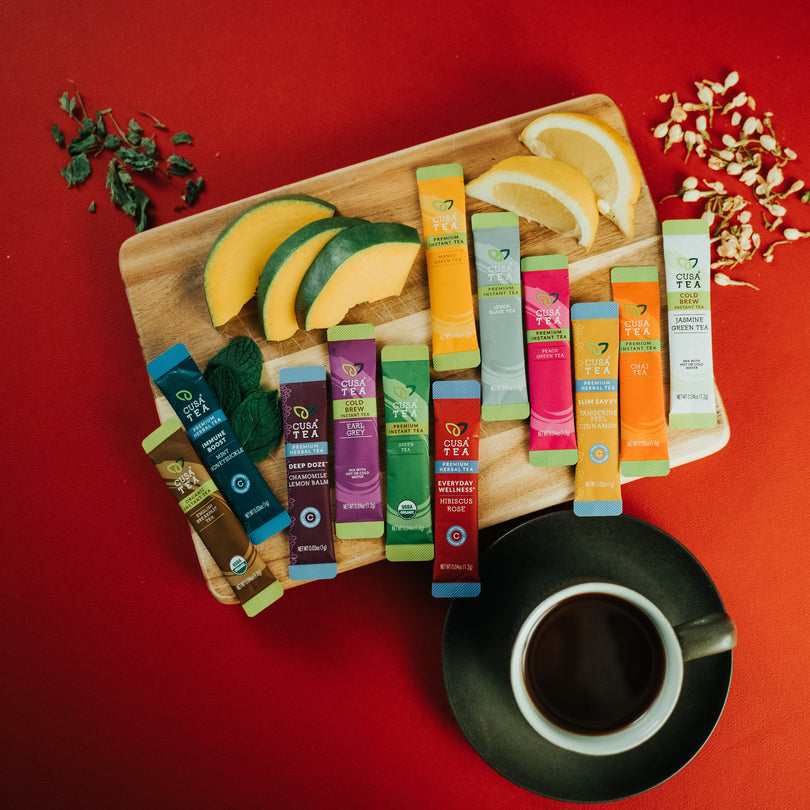

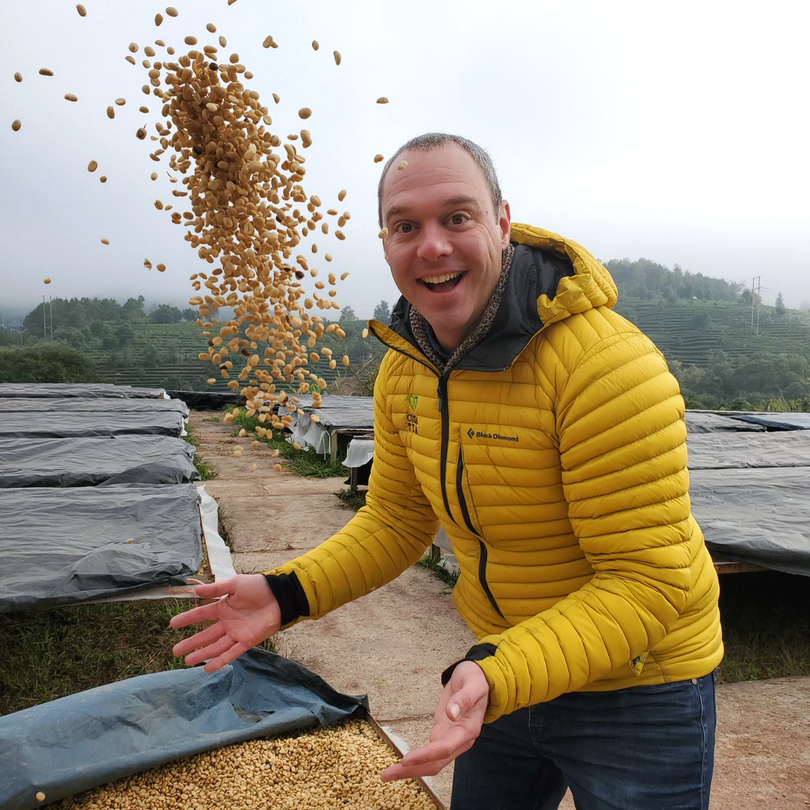

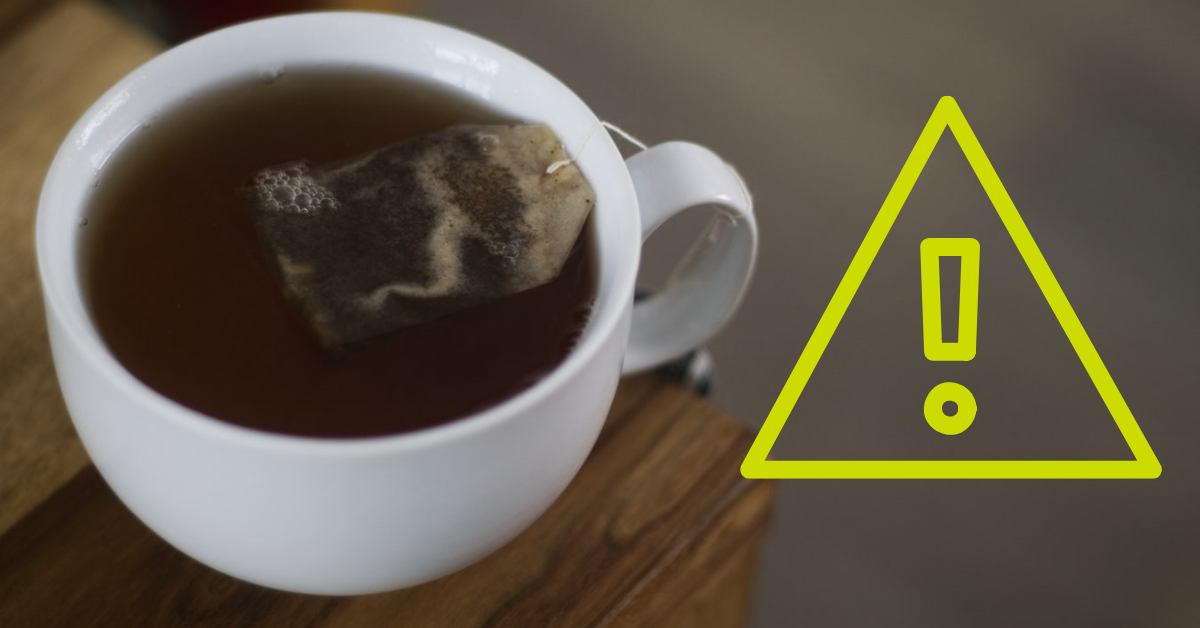
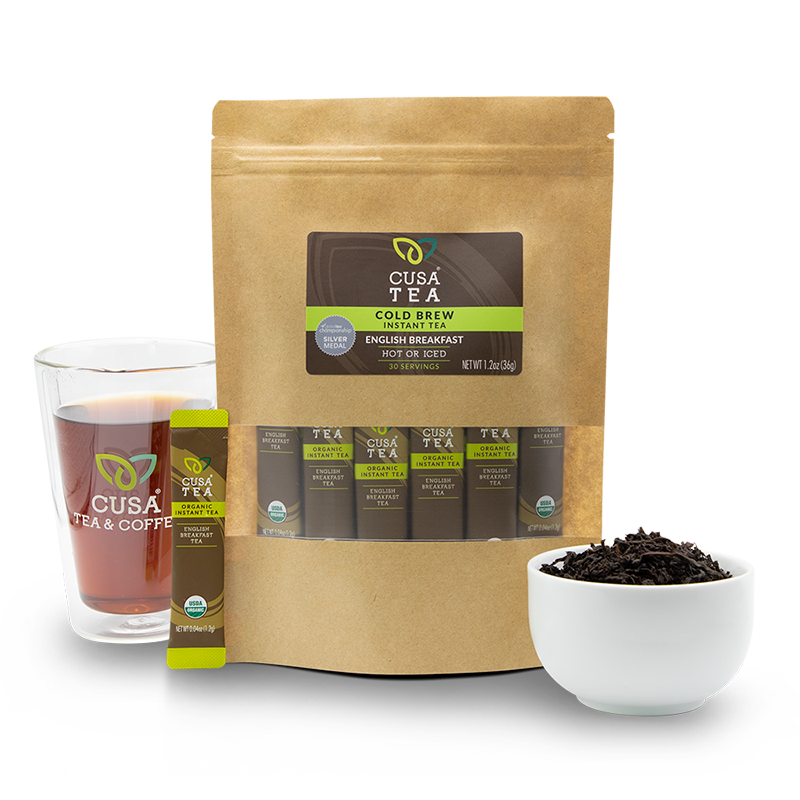
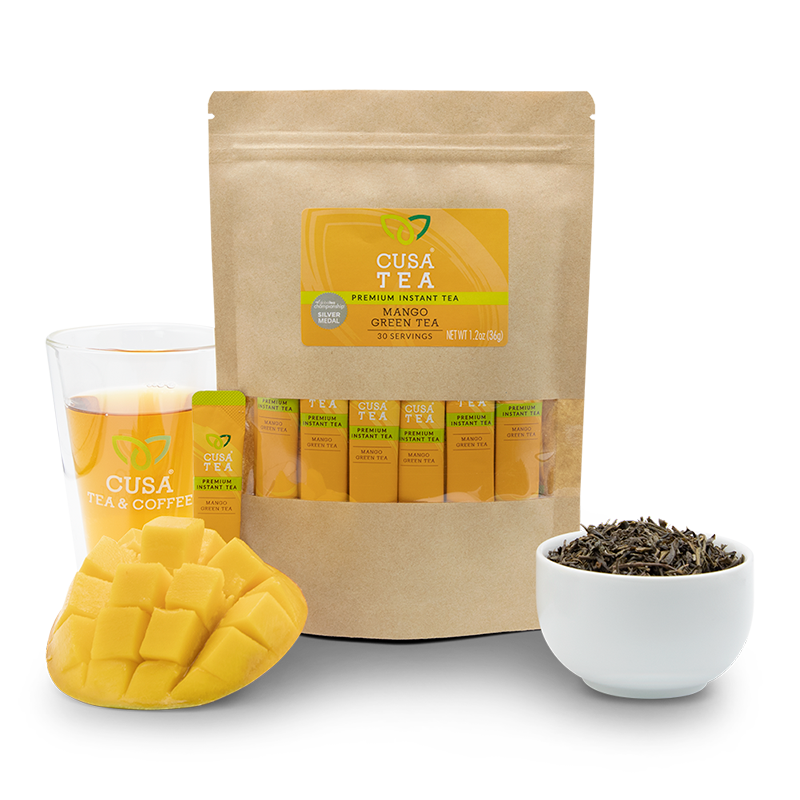
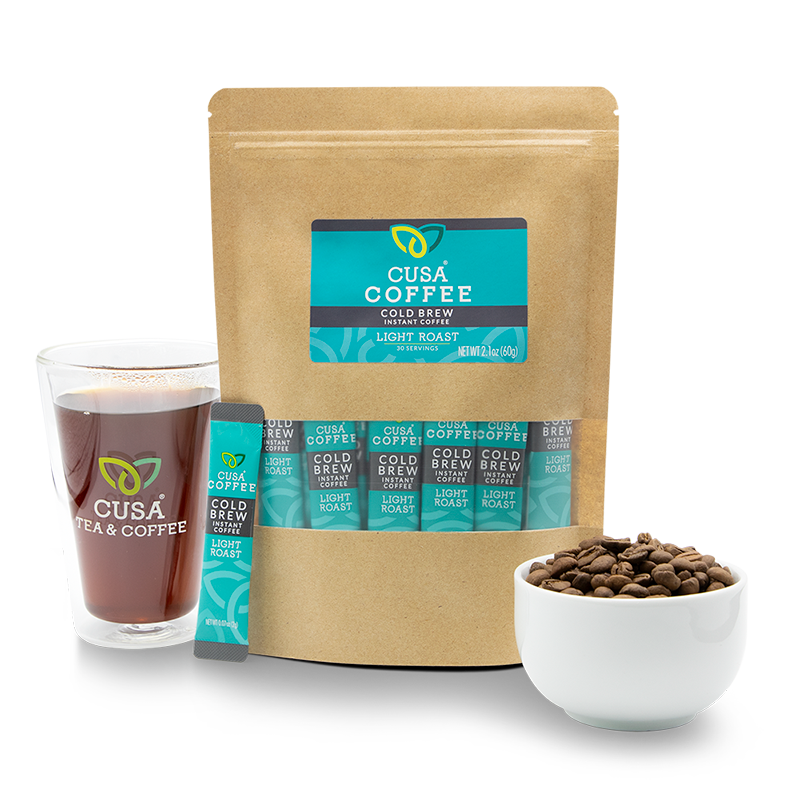
3 comments
Christina Milner
I really enjoyed reading all the informative articles and findings on led, importance of pure teas. I myself grown my own tea. I don’t use pesticides or any fertilizer the environment doesn’t provide. I use a well and even use fallen trees to heat my home. I’m off the grid so to speak. Thank you cusa!
I really enjoyed reading all the informative articles and findings on led, importance of pure teas. I myself grown my own tea. I don’t use pesticides or any fertilizer the environment doesn’t provide. I use a well and even use fallen trees to heat my home. I’m off the grid so to speak. Thank you cusa!
Jana Skibo
Very informative! I had no idea about this aspect of the tea bags. As a heavy tea drinking family, quite frankly this is scary as he**. Information is power. Thank you.
Very informative! I had no idea about this aspect of the tea bags. As a heavy tea drinking family, quite frankly this is scary as he**. Information is power. Thank you.
julie papke
I found CUSA at an outdoor show about a year ago and thought, nah, it can’t be that good but I.WAS.SO.WRONG! i love my black tea nice and dark and rich and this stuff is all that PLUS as a cancer survivor, i’m very conscious of chemicals and now that i’m aware of the Epichlorohydrin that is in most traditional tea bags, its an easy decision to make the switch. Thanks CUSA!
I found CUSA at an outdoor show about a year ago and thought, nah, it can’t be that good but I.WAS.SO.WRONG! i love my black tea nice and dark and rich and this stuff is all that PLUS as a cancer survivor, i’m very conscious of chemicals and now that i’m aware of the Epichlorohydrin that is in most traditional tea bags, its an easy decision to make the switch. Thanks CUSA!